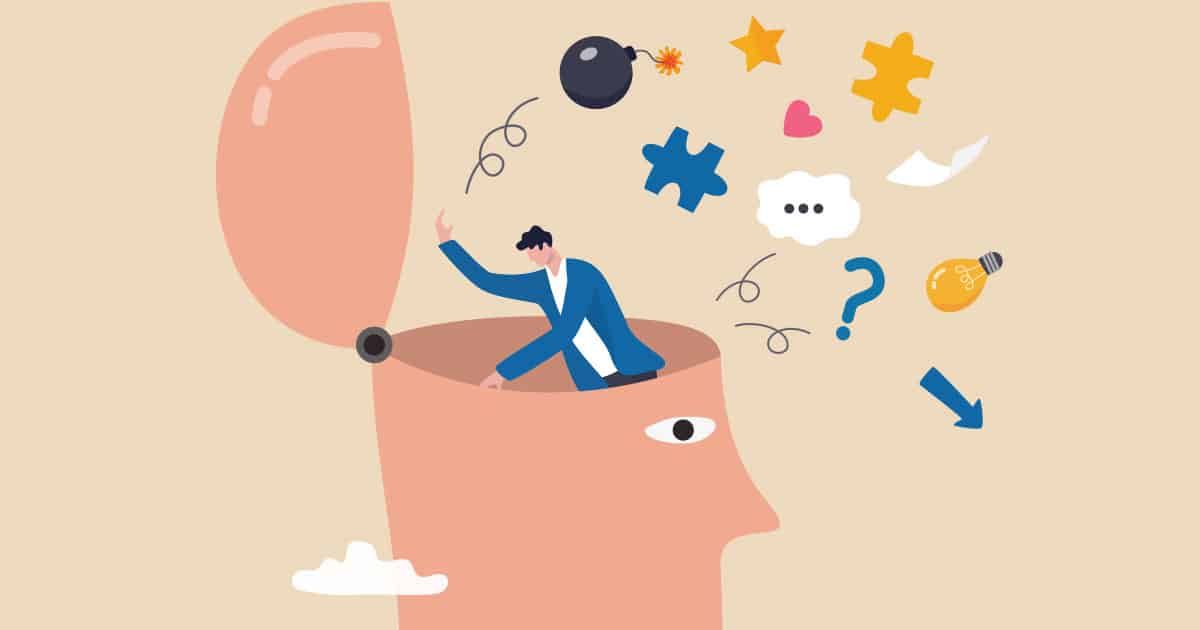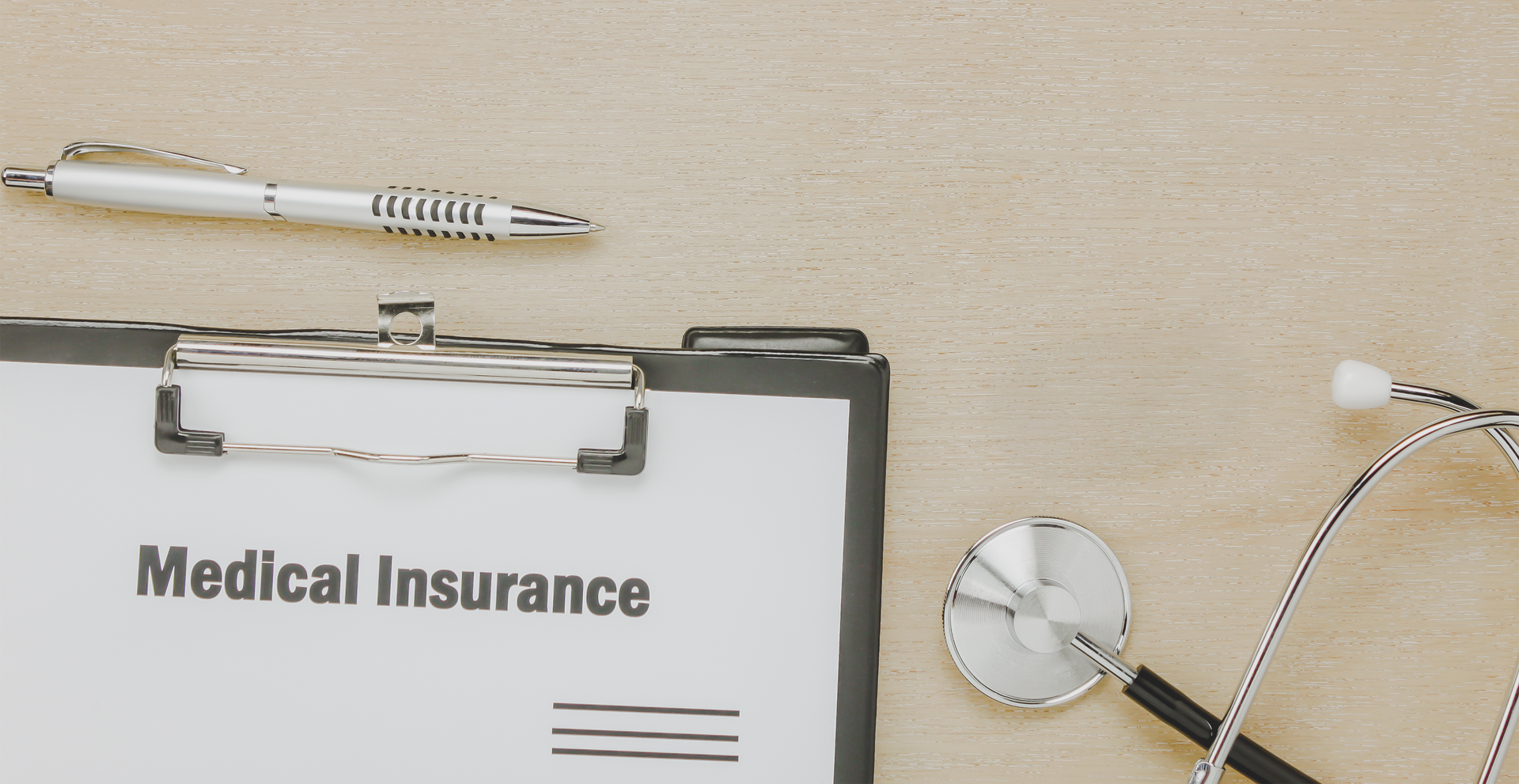How Does TMS Treatment Help Depression?

The Albany Clinic • January 2, 2023
Transcranial magnetic stimulation (TMS) is a novel non-invasive treatment for depression and other mental illnesses that involves the use of electromagnetic pulses to promote better neural communication and alleviate symptoms of depression and other mental illnesses.
While TMS is not a cure for depression, it can be an effective treatment option for people who have not responded well to other treatments. It can be used as a standalone therapy – but is most effective when used alongside conventional treatments, such as medication and talk therapy.
Understanding How TMS Works
Research shows that TMS therapy can modulate the activity of brain cells in areas associated with mood and emotional regulation to help reduce depressive symptoms.
It works by delivering a series of magnetic pulses from a specialized electromagnetic coil placed on the patient’s head, which activates neurons in the targeted areas of the brain – leading to improved neural communication and better mood regulation.
Experts also believe that TMS can trigger the release of neurotransmitters, such as serotonin, which are involved in mood regulation – further compounding its therapeutic benefits.
What to Expect During TMS Therapy
Before treatment: Before starting TMS therapy, you will meet with a mental health professional to discuss your symptoms and treatment goals and determine if you pass the eligibility criteria for TMS therapy.
During treatment: TMS therapy typically involves daily sessions, lasting about 20-40 minutes each. During the treatment, you will sit in a comfortable chair in a relaxed environment with an electromagnetic coil placed over your scalp near the forehead.
After the treatment: You can usually resume your normal activities immediately after TMS therapy. Some people may experience mild side effects, such as scalp discomfort or headaches, but these usually subside within a few hours.
On average, the initial course of TMS therapy typically involves 5 treatment sessions per week for 6 consecutive weeks, followed up by 6 additional treatment sessions spread across the following two or three weeks.
Who Can Benefit From TMS Treatment?
TMS is generally considered a safe and effective adjunct therapy for adults with depression or other mental illnesses like PTSD, OCD, and anxiety who have not responded well to traditional treatments, such as antidepressant medication or talk therapy.
However, not everyone is a candidate for TMS therapy. Factors that may make you ineligible for TMS include having a metallic or ferromagnetic implant in the head or neck region or a history of seizures.
Is TMS Safe?
TMS treatment is typically administered on an outpatient basis and does not require anesthesia. It is generally safe and well-tolerated – most people find the treatment painless, although some may experience mild discomfort or a tingling sensation in the scalp during treatment.
Other commonly reported side effects of TMS are lightheadedness and mild headaches, which typically subside after a few hours.
The Takeaway
TMS is a non-invasive treatment option for people who have not responded well to traditional treatments for depression and other mental illnesses. It works by stimulating specific areas of the brain associated with mood regulation, leading to improved neural communication and better mood regulation.
If you have tried several depression treatment options without success, TMS may be worth considering. Speak with your doctor or mental health professional to find out if it is right for you.
The post How Does TMS Treatment Help Depression? appeared first on The Albany Clinic.







